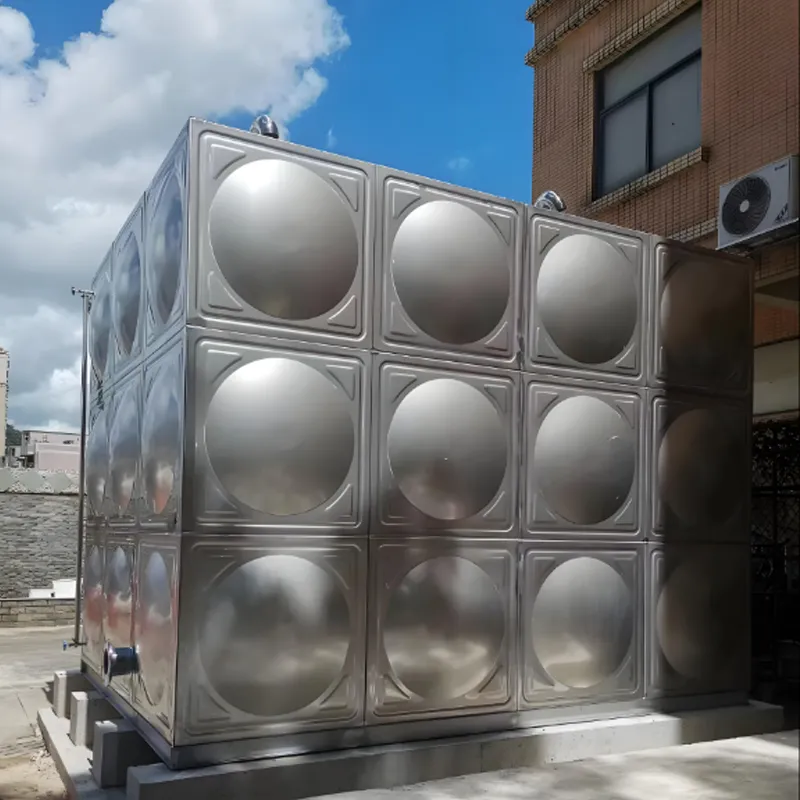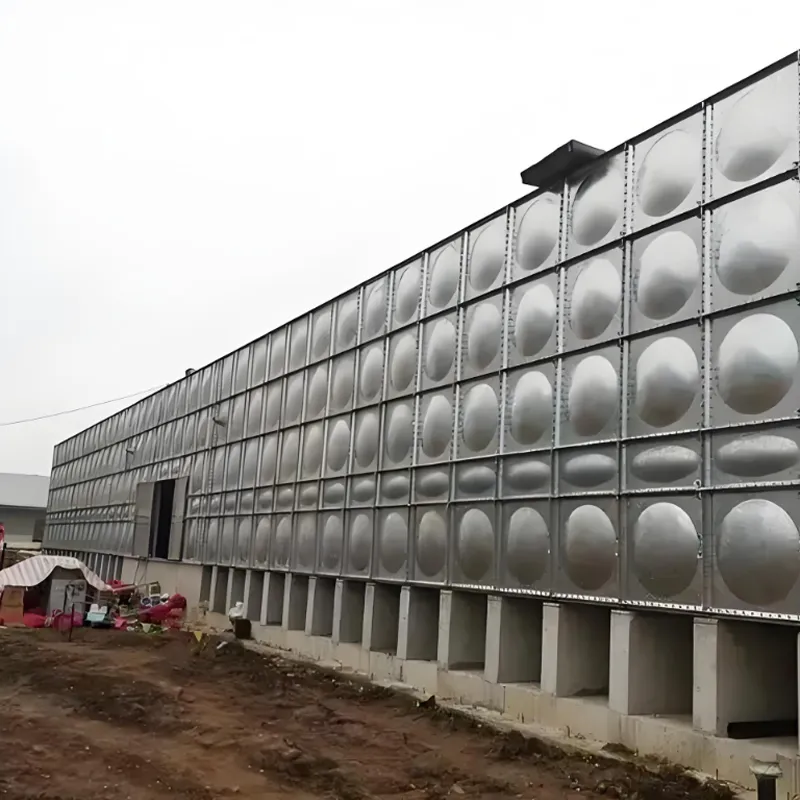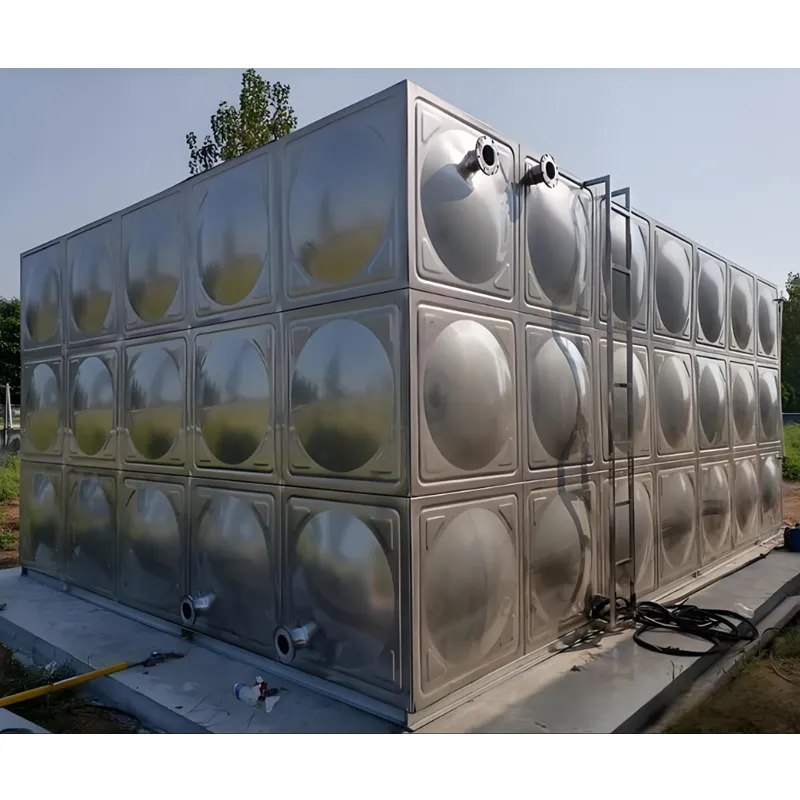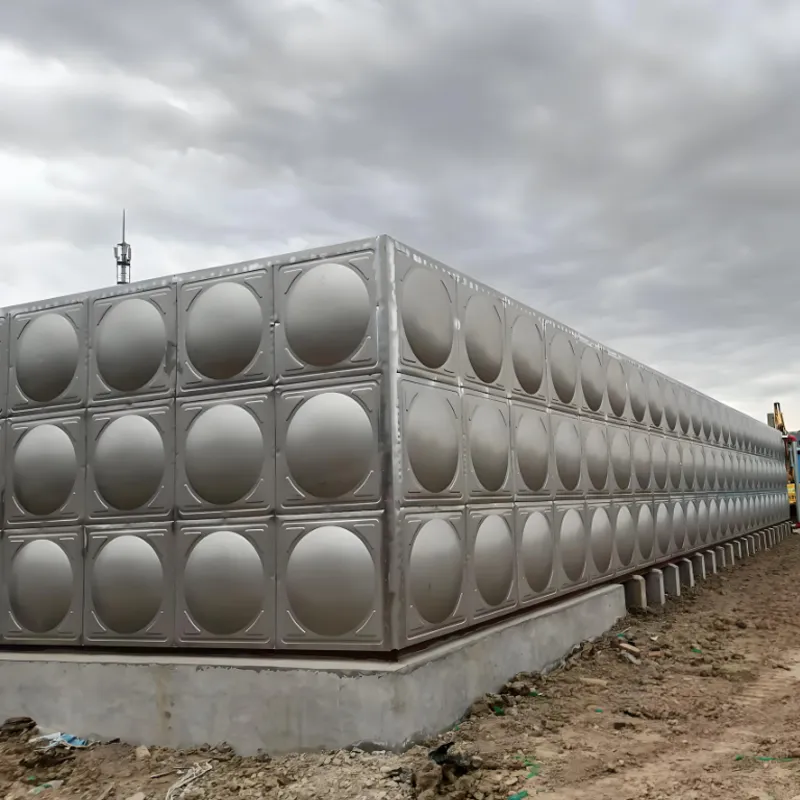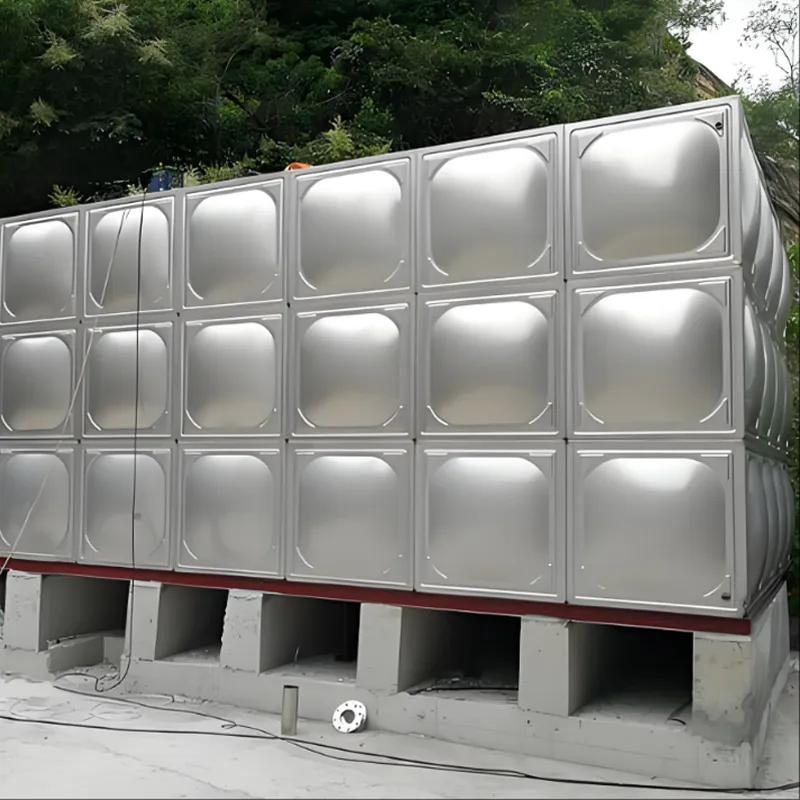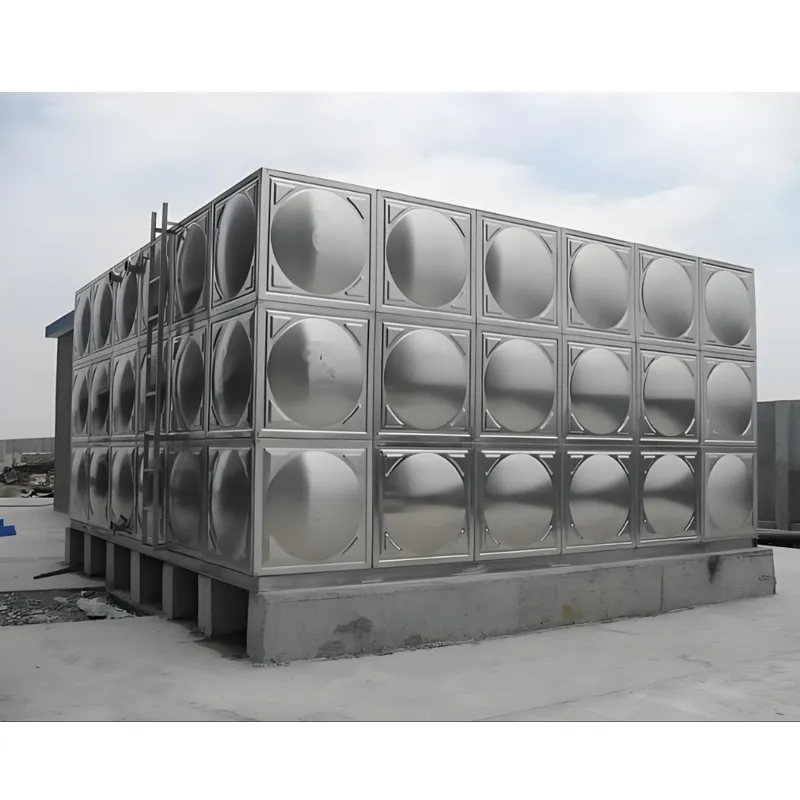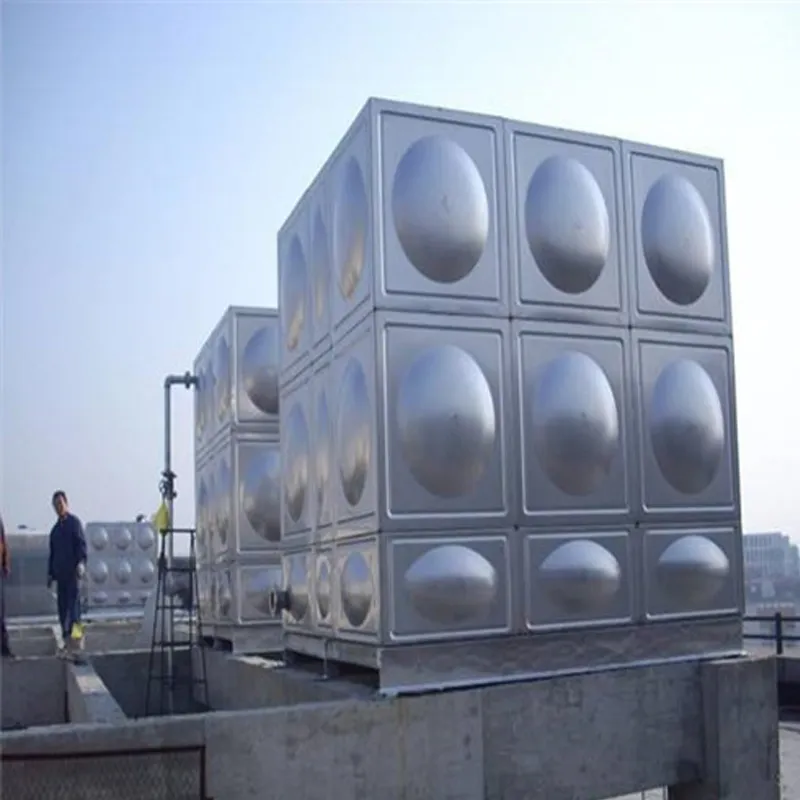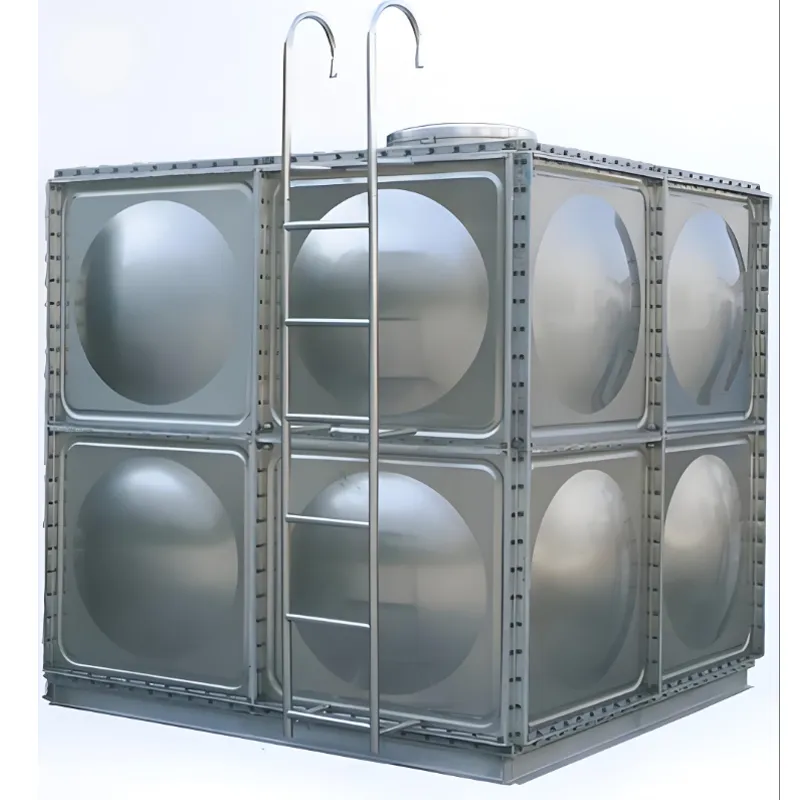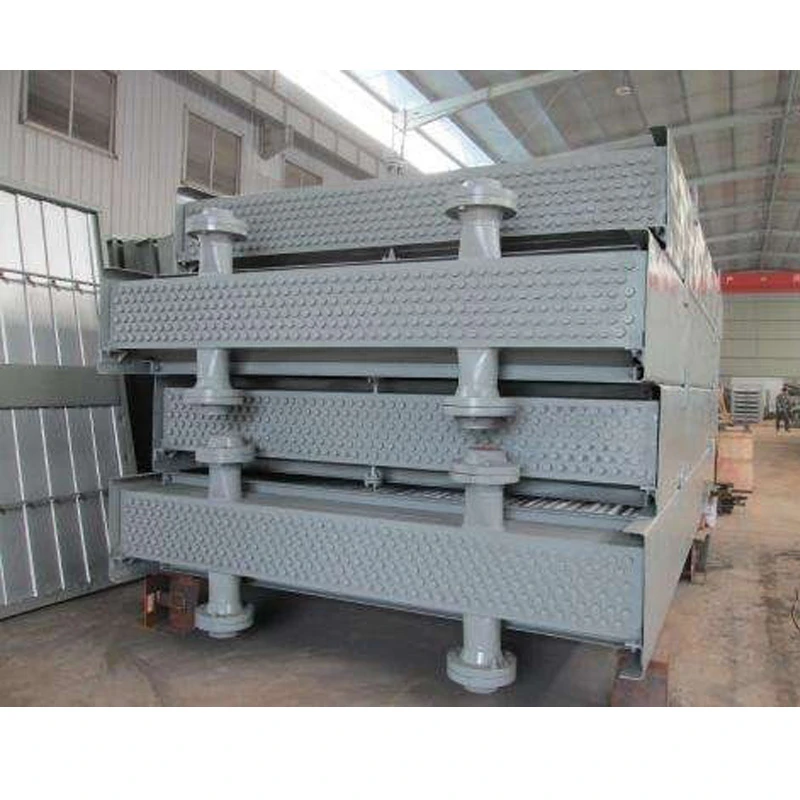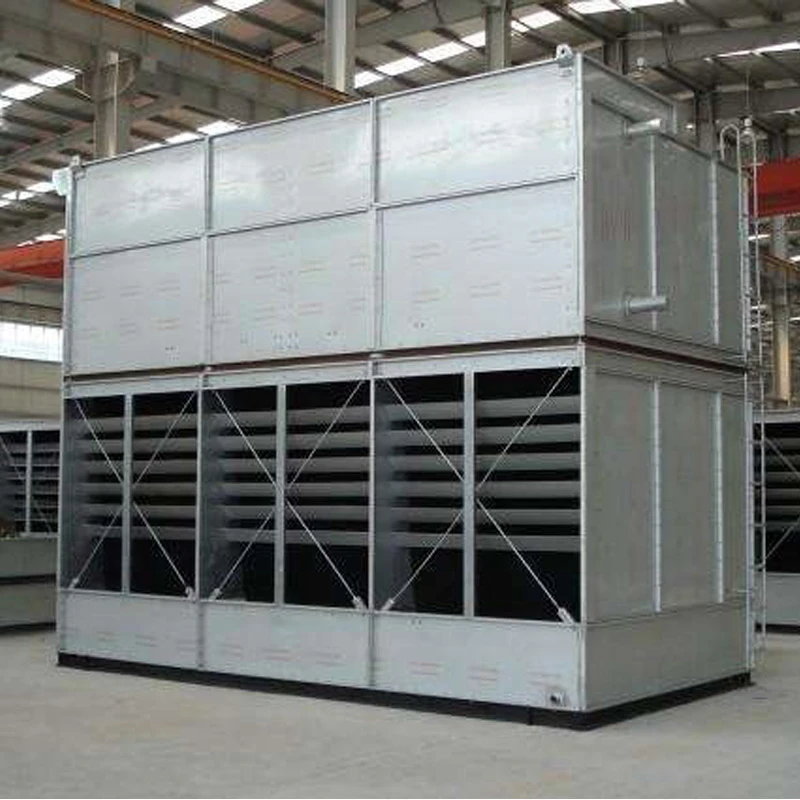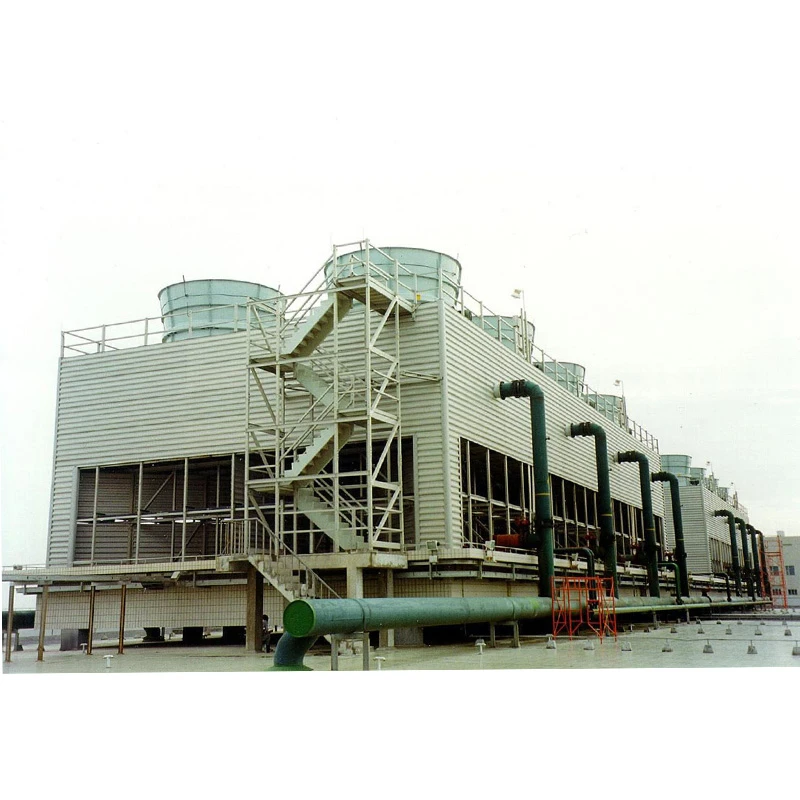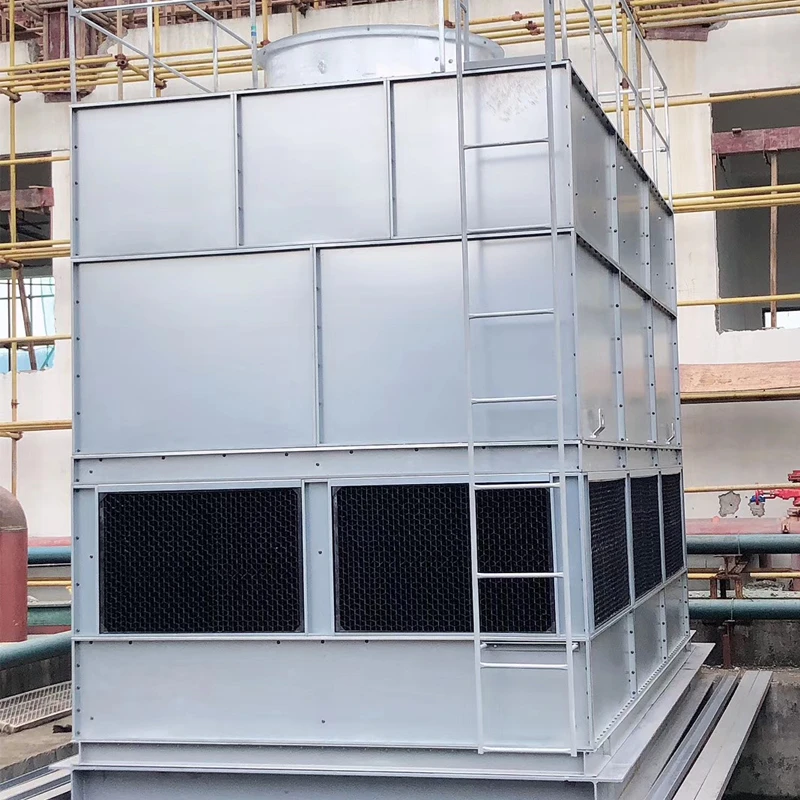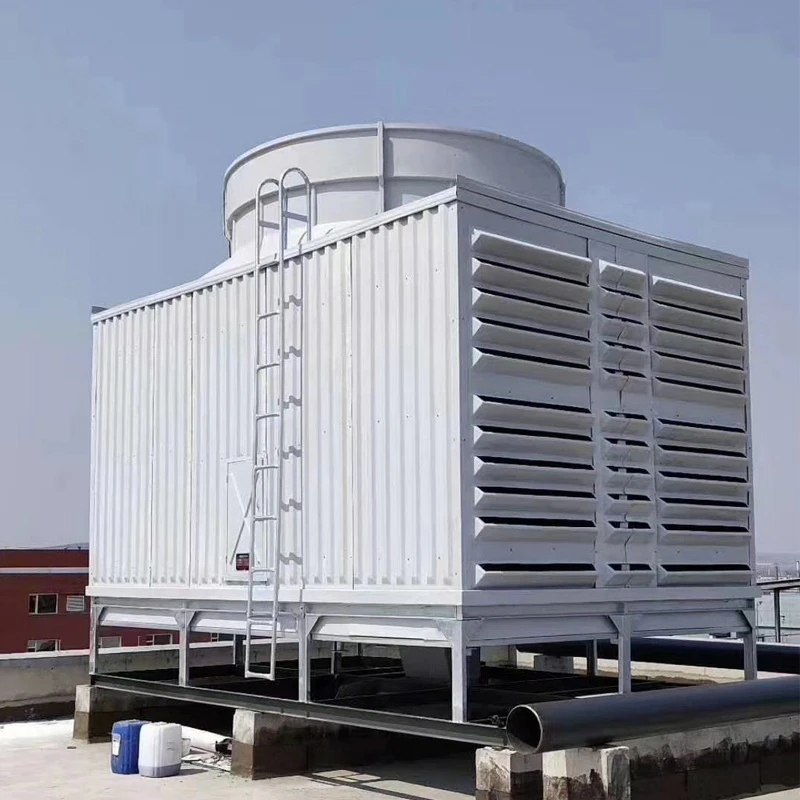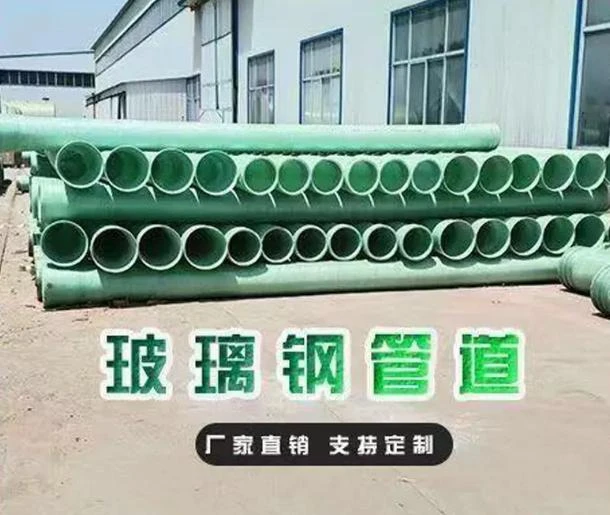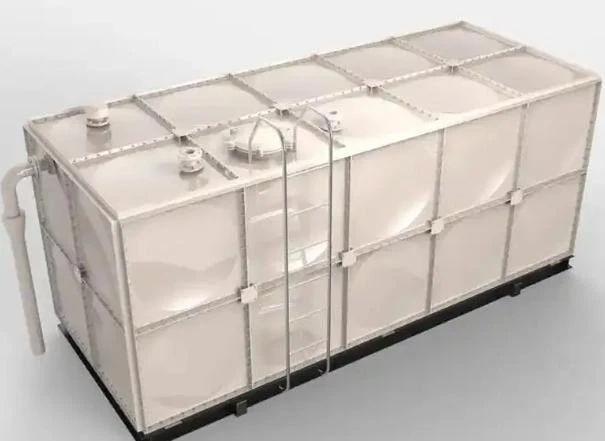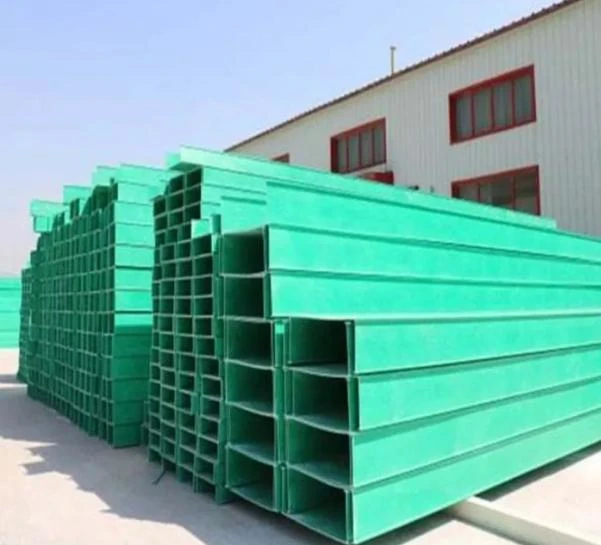

We Are Open 24 Hours a Day, 7 Days a Week, Including Weekends and Public Holidays.
Advantages of Stainless Steel Water Tanks
Stainless steel (SS) water tanks are highly regarded for their superior performance in water storage across residential, commercial, and industrial applications. Below is a detailed overview of their key advantages, supported by technical insights and industry standards:
1. Exceptional Durability and Longevity
Stainless steel water tanks are engineered to last over 40 years due to their resistance to corrosion, rust, and environmental degradation. The chromium content in stainless steel forms a passive oxide layer that protects against oxidation, even in harsh conditions like coastal areas or chemical exposure. This makes them ideal for outdoor installations, where UV radiation, humidity, and temperature fluctuations are common.
2. Hygienic and Safe Water Storage
Non-Porous Surface: The smooth, non-reactive interior of stainless steel prevents bacterial growth, algae formation, and contamination, ensuring water remains safe for drinking and sensitive applications like food processing or pharmaceuticals.
Compliance with Standards: SS tanks meet stringent hygiene regulations (e.g., food-grade SS304/SS316 materials), making them suitable for potable water storage.
3. Corrosion and Chemical Resistance
Stainless steel resists corrosion caused by chlorinated water, acids, alkalis, and salts. Unlike plastic or concrete tanks, SS tanks do not degrade or leach harmful substances, maintaining water purity even in demanding environments like chemical plants or fire protection systems.
4. Structural Strength and Space Efficiency
Robust Design: Rectangular stainless steel tanks maximize space utilization with flat sides that fit snugly into corners or constrained areas, ideal for urban settings. Their modular design (bolted or welded panels) allows customization in size and shape, accommodating capacities from 1m³ to 1000m³.
Load-Bearing Capacity: SS tanks withstand heavy water volumes, seismic activity, and external pressures, reducing the need for additional structural support.
5. Thermal and Environmental Adaptability
Temperature Control: Stainless steel’s thermal conductivity helps moderate water temperature, beneficial for applications like solar heating or industrial cooling.
Sustainability: Stainless steel is 100% recyclable, aligning with eco-friendly practices and reducing waste compared to plastic alternatives.
6. Low Maintenance and Cost-Effectiveness
Easy Cleaning: The smooth surface allows quick cleaning and sterilization, minimizing maintenance costs.
Long-Term Savings: Despite higher upfront costs, SS tanks’ extended lifespan and minimal repair needs (e.g., no biofilm buildup or rust) ensure lower lifecycle expenses.
7. Aesthetic and Functional Versatility
Modern Design: The sleek, polished appearance of stainless steel enhances the visual appeal of facilities, suitable for both indoor and outdoor installations.
Wide Applications: SS tanks are used in:
Residential: Rainwater harvesting, drinking water storage.
Industrial: Chemical processing, fire protection, thermal energy storage.
Agriculture: Irrigation and livestock water supply.
8. Customization and Installation Flexibility
Manufacturers offer tailored solutions, including insulated tanks, specialized fittings, and modular designs for easy assembly or relocation. Lightweight panels simplify transportation and installation, even in remote areas.
Қорытынды
Stainless steel water tanks stand out for their durability, hygiene, and adaptability, making them a premier choice for reliable water storage. Their ability to meet diverse industrial standards, coupled with sustainable and low-maintenance features, ensures long-term value.
Біздің тұтынушылар біз туралы не айтады
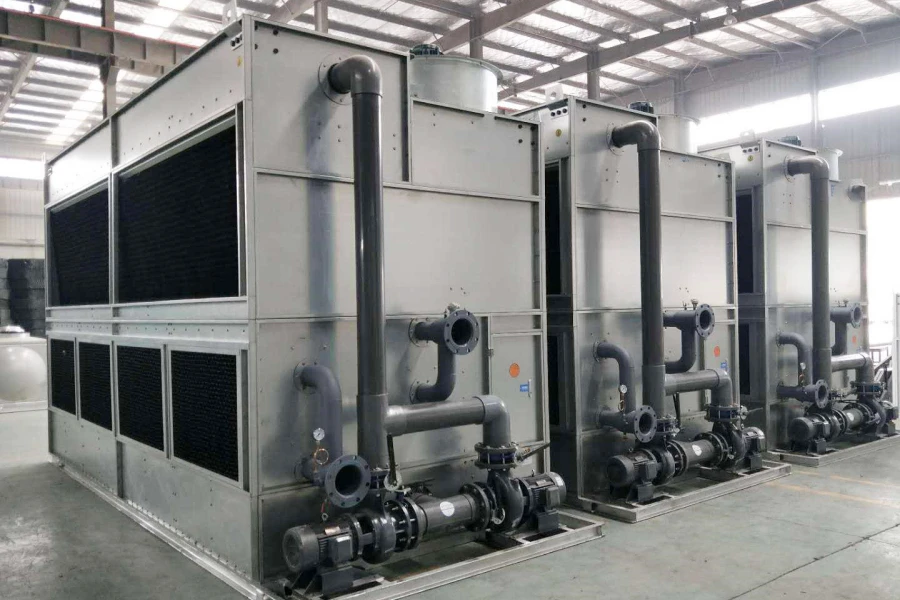






Мекенжай
Xingyuan South Street, 20, Заоцян округі, Хэншуй қаласы, Хэбэй провинциясы, Қытай








